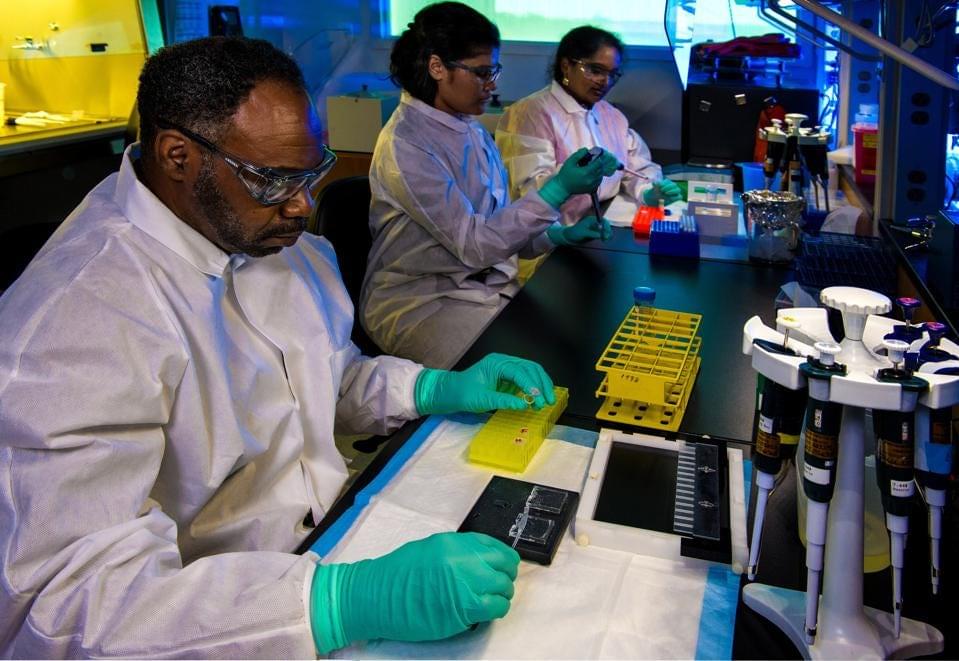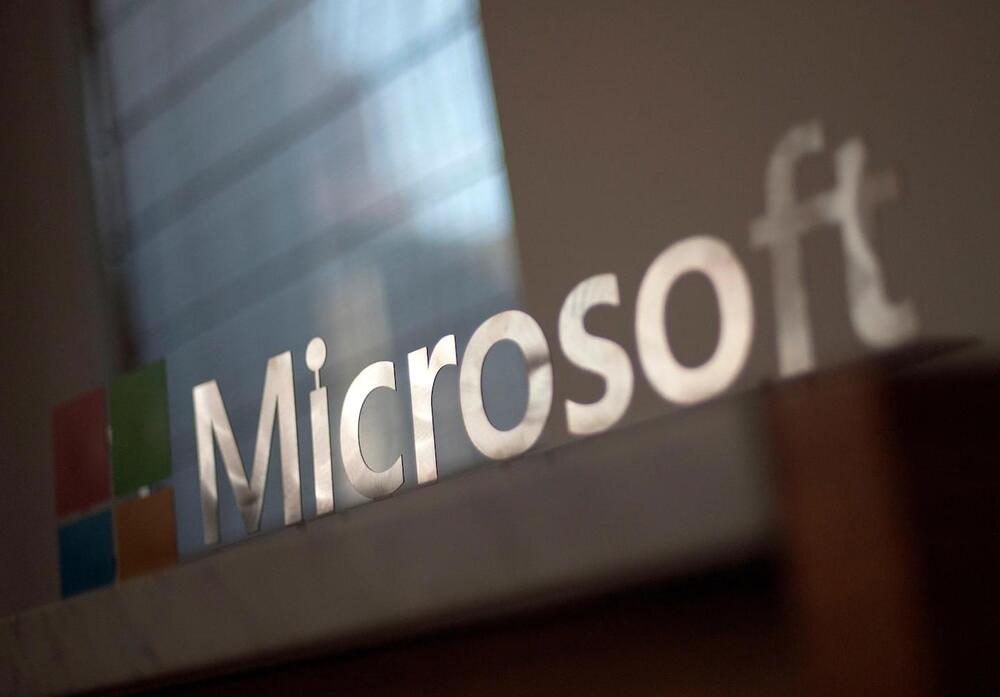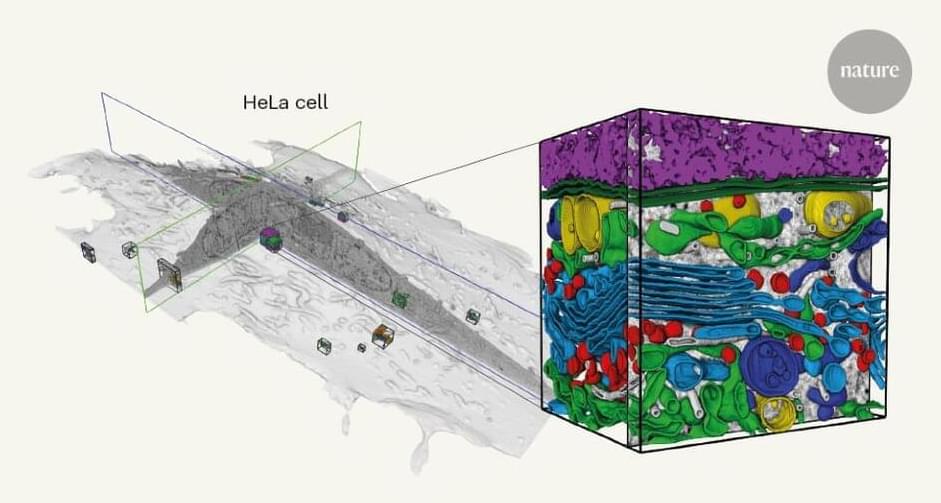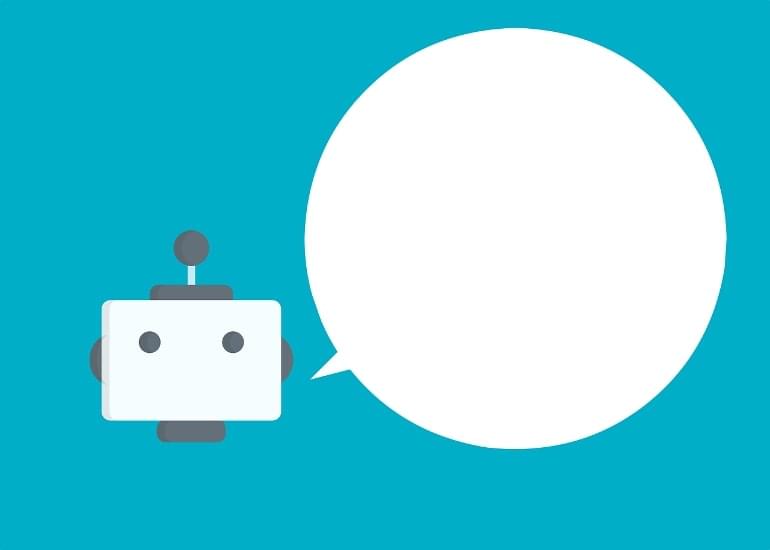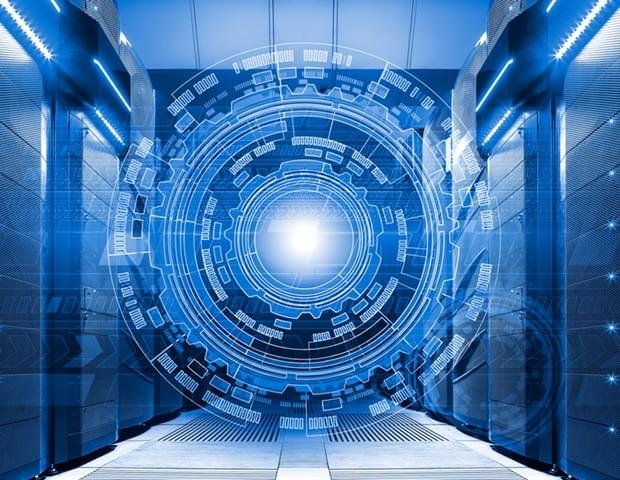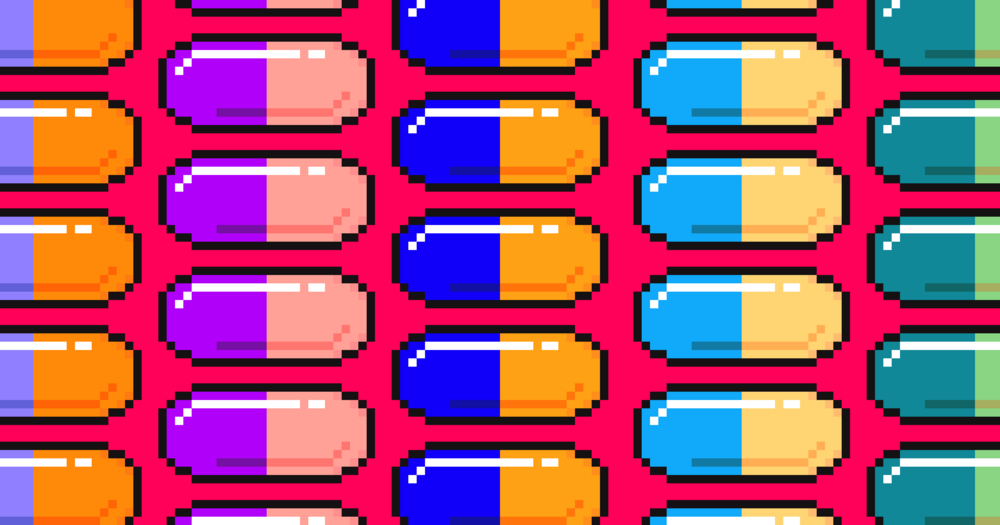Recent advancements in biotechnology have immense potential to help address many global problems; climate change, an aging society, food security, energy security, and infectious diseases.
Biotechnology is not to be confused with the closely related field of biosciences. While biosciences refer to all the sciences that study and understand life, biology, and biological organisms, biotechnology refers to the application of the knowledge of biosciences and other technologies to develop tech and commercial products. Biotechnology is the application of innovation to biosciences in a bid to solve real-world medical problems.
Throw Artificial Intelligence into the mix and we suddenly have a really interesting pot of broth. Several AI trends have already proven beneficial to the development of biotechnology. Dr. Nathan S. Bryan, an inventor, biochemist and professor, who made a name for himself as an innovator and pioneer in nitric oxide drug discovery, commercialization, and molecular medicine, offers his insights on these contributions.
